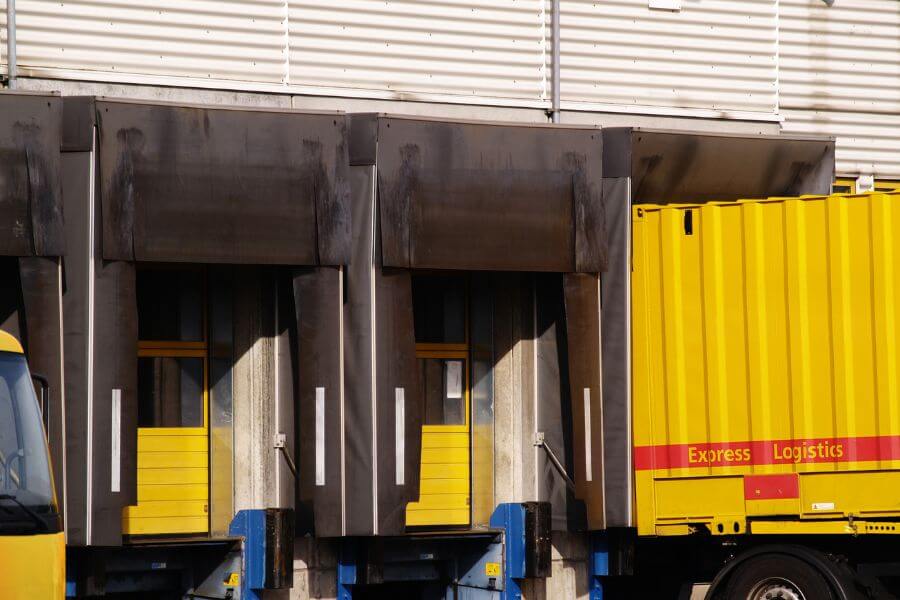The rapid growth of ecommerce has significantly impacted the logistics industry, creating a need for fast, efficient, and affordable delivery services. This demand has led to the rise of the sharing economy in logistics, transforming traditional practices and opening new possibilities for more sustainable and flexible supply chains.
What is the sharing economy in logistics?
The sharing economy, also known as the collaborative economy, is a business model where resources are shared through online platforms. In logistics, this means sharing vehicles, warehouses, and even workforce to improve efficiency and reduce costs. Digital signage has become crucial in managing goods flow, providing real-time updates across supply chains.
Key drivers of the sharing economy in logistics
Growing ecommerce demand
The increase in online shopping has created a need for frequent, small-scale deliveries, which traditional logistics systems struggle to handle efficiently. The sharing economy offers a solution by allowing companies to scale their delivery services as needed.
Technological advancements
Digital platforms, data analytics, and mobile technologies have made it easier for shippers to connect with available logistics resources. Real-time tracking and route optimization help maximize the use of shared assets.
Cost efficiency and resource optimization
Companies can reduce infrastructure and vehicle costs by sharing resources. This model also allows for custom packaging solutions to suit specific products or brands.
Sustainability goals
Both consumers and businesses are pushing for more sustainable logistics practices. The sharing economy optimizes resource use, minimizing waste and reducing emissions through shared deliveries and optimized routing.
Positive impacts of the sharing economy on logistics
The sharing economy in logistics offers several benefits:
Enhanced flexibility
Companies can easily adapt to market fluctuations and seasonal demand changes by accessing shared resources.
Reduced costs
Sharing logistics infrastructure leads to lower expenses, making products more competitive in the market.
Improved sustainability
Better resource utilization results in fewer vehicles on the road and reduced emissions.
Access to innovation
Partnerships in the sharing economy encourage product and service improvements, integrating diverse companies and participants.
The future of the sharing economy in logistics
As ecommerce continues to grow, the sharing economy in logistics is expected to expand further. Advancements in AI, machine learning, and blockchain technology will likely improve the efficiency and security of shared logistics platforms.
We may see more sophisticated collaborations between traditional logistics companies and sharing economy platforms in the future. These hybrid models could offer the reliability of established providers with the flexibility and cost-effectiveness of shared resources.
The sharing economy in logistics is not just a trend but a fundamental shift that addresses key challenges in the movement of goods in the digital age. As companies prioritize sustainable development, we can expect to see more environmentally friendly and resource-efficient sharing economy platforms emerge in the logistics sector.





